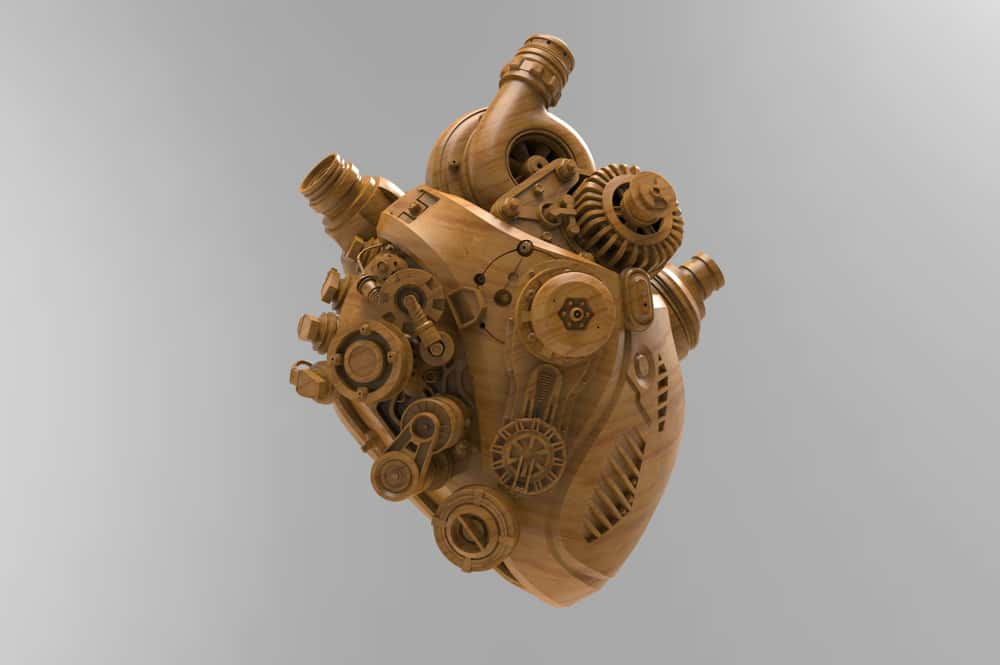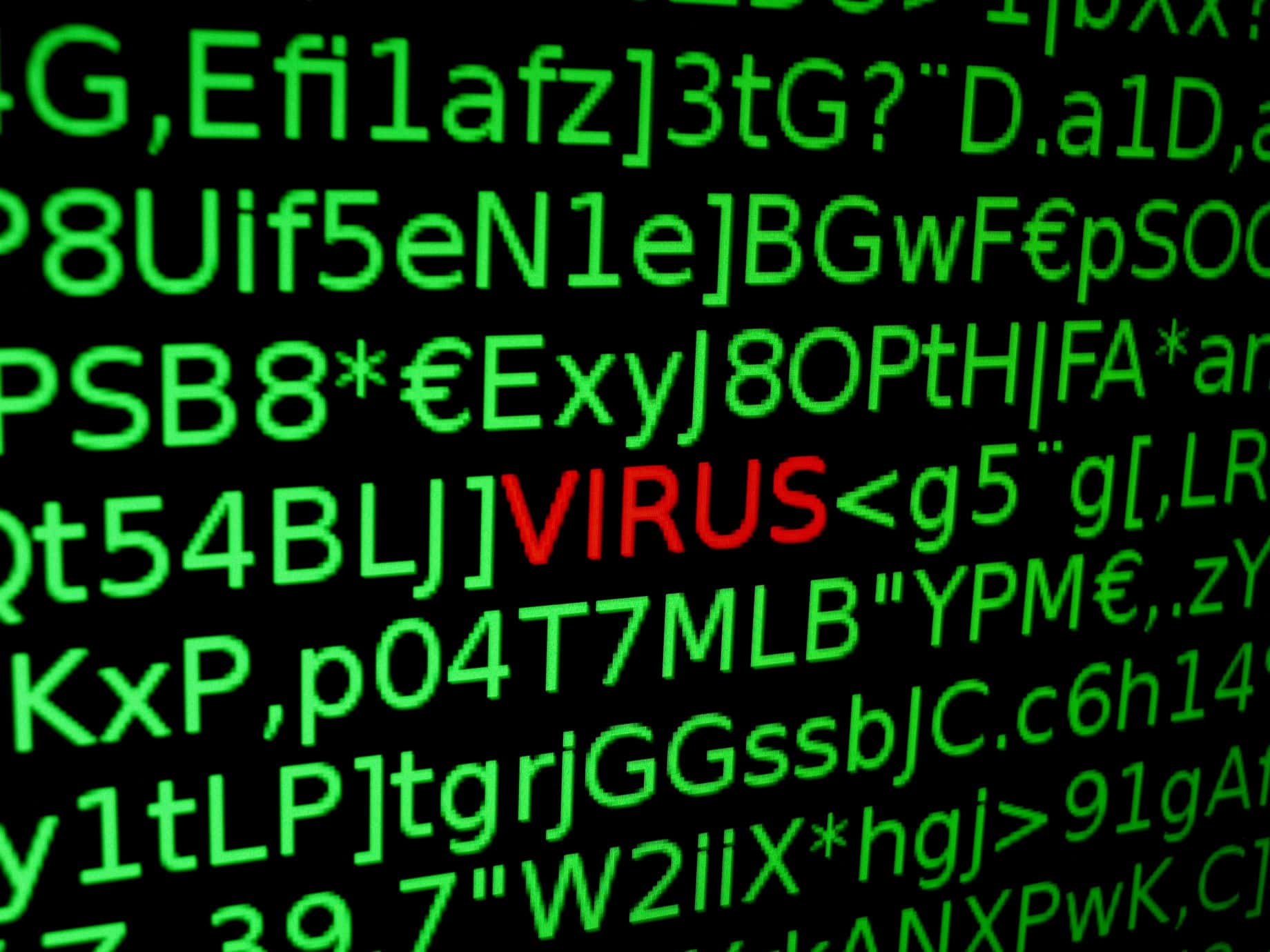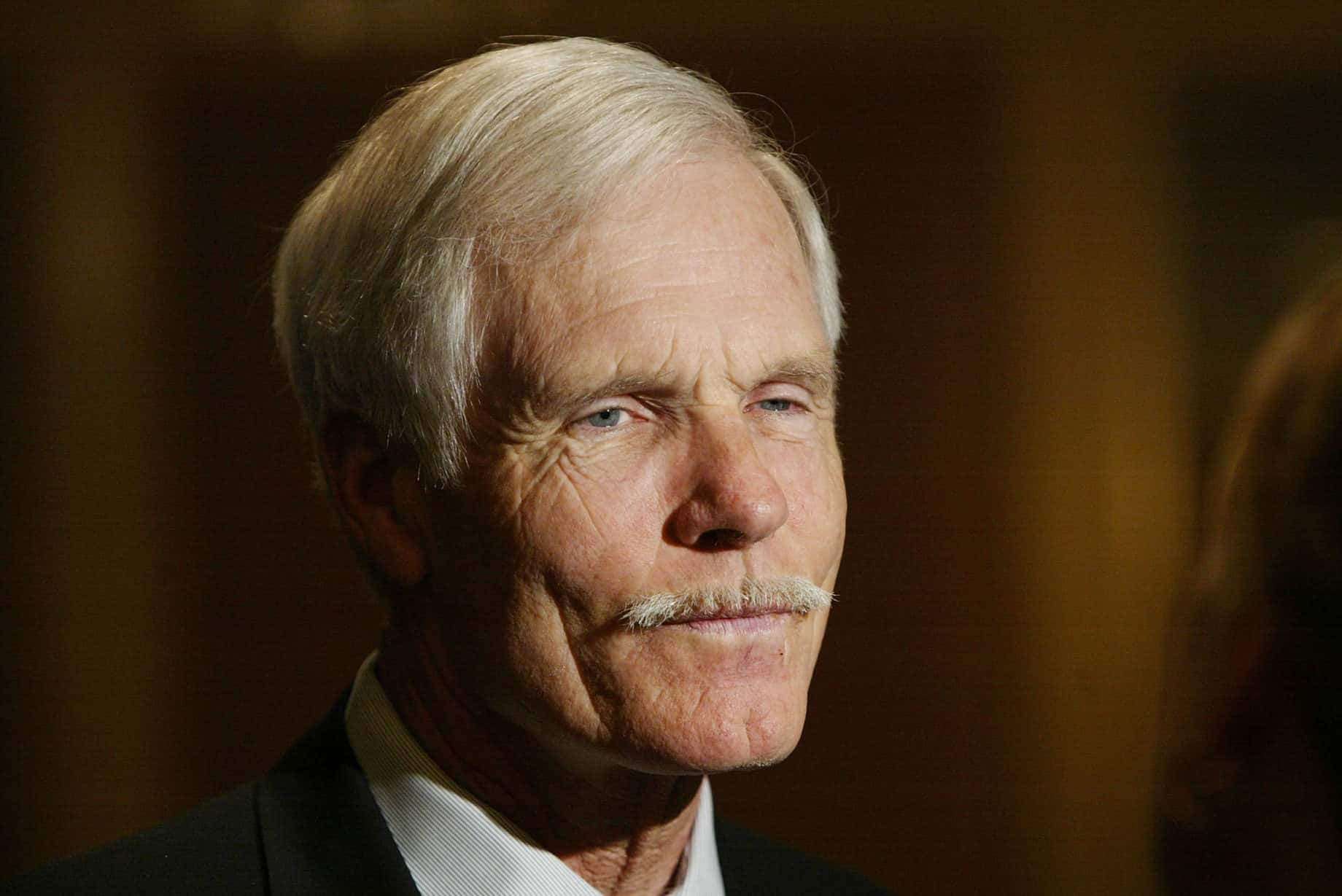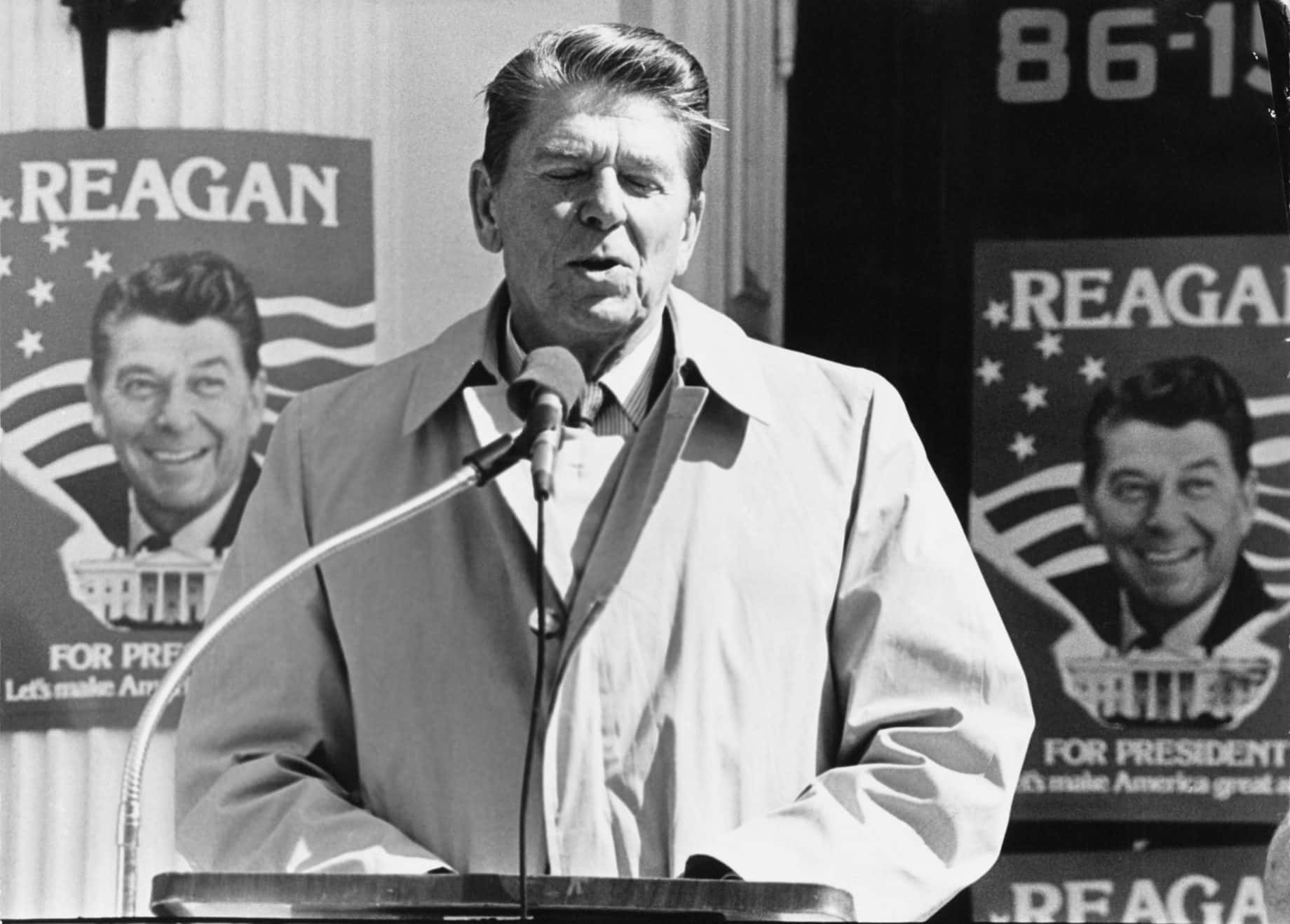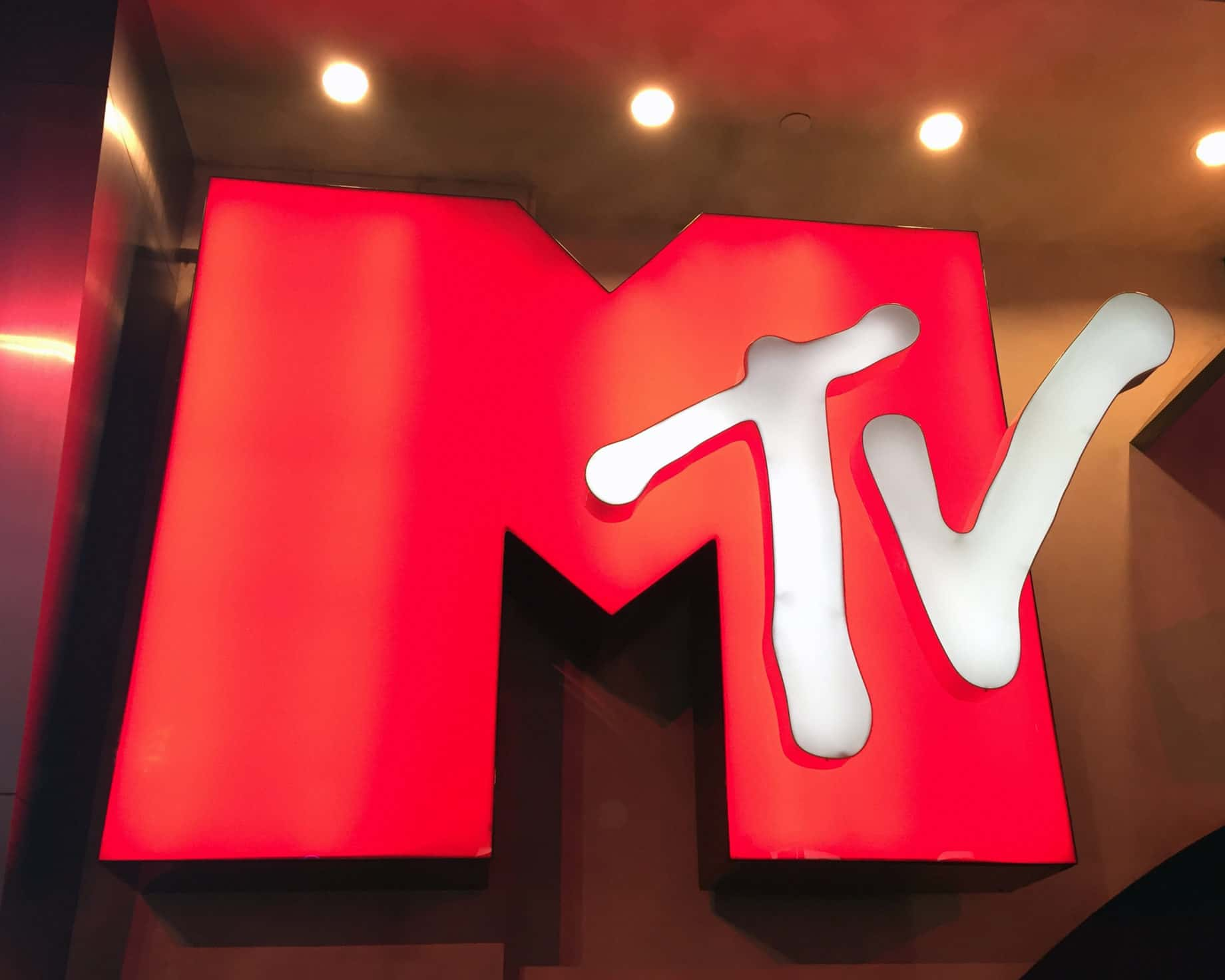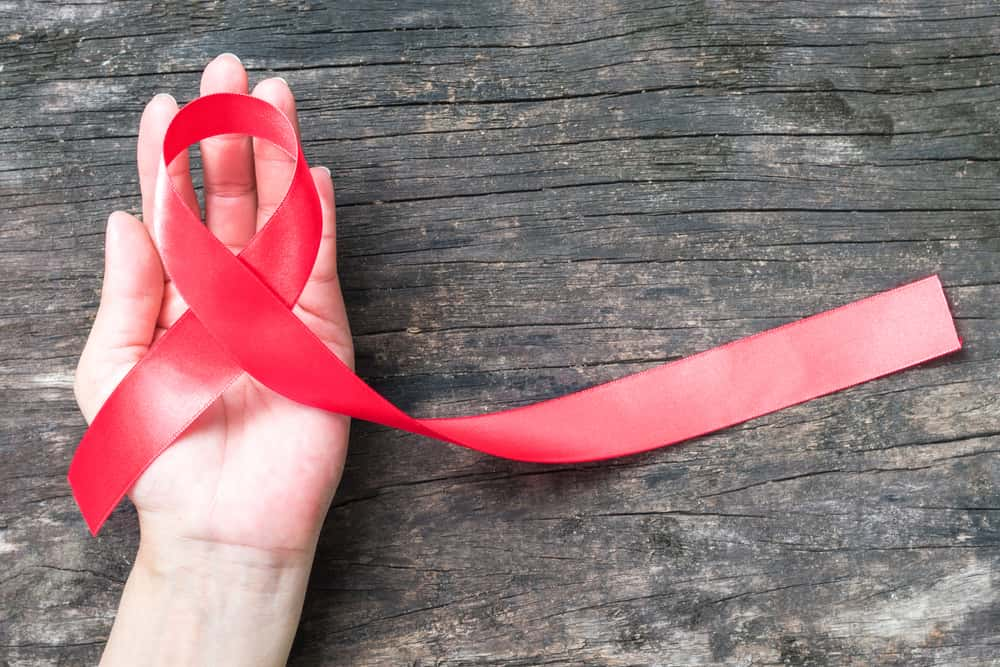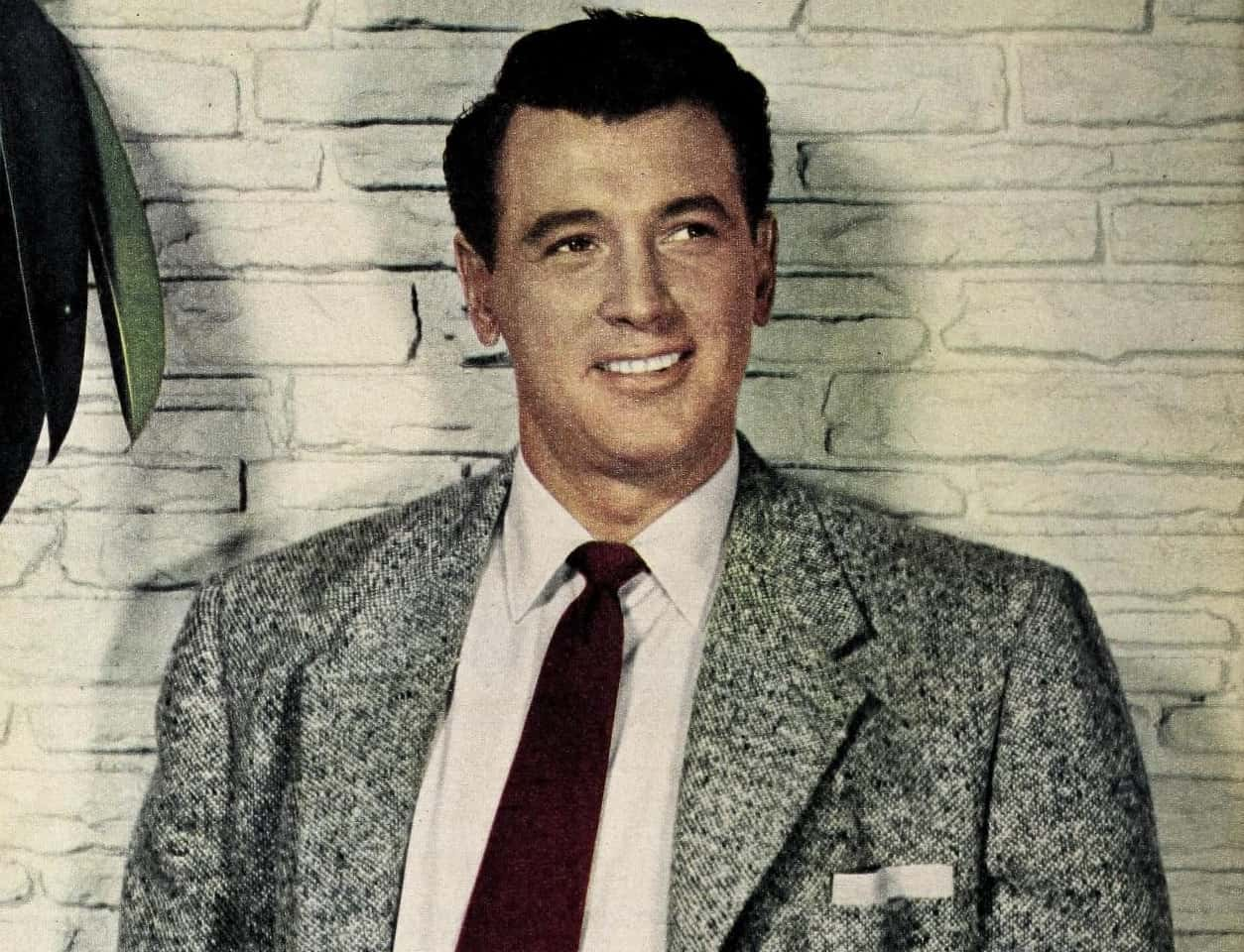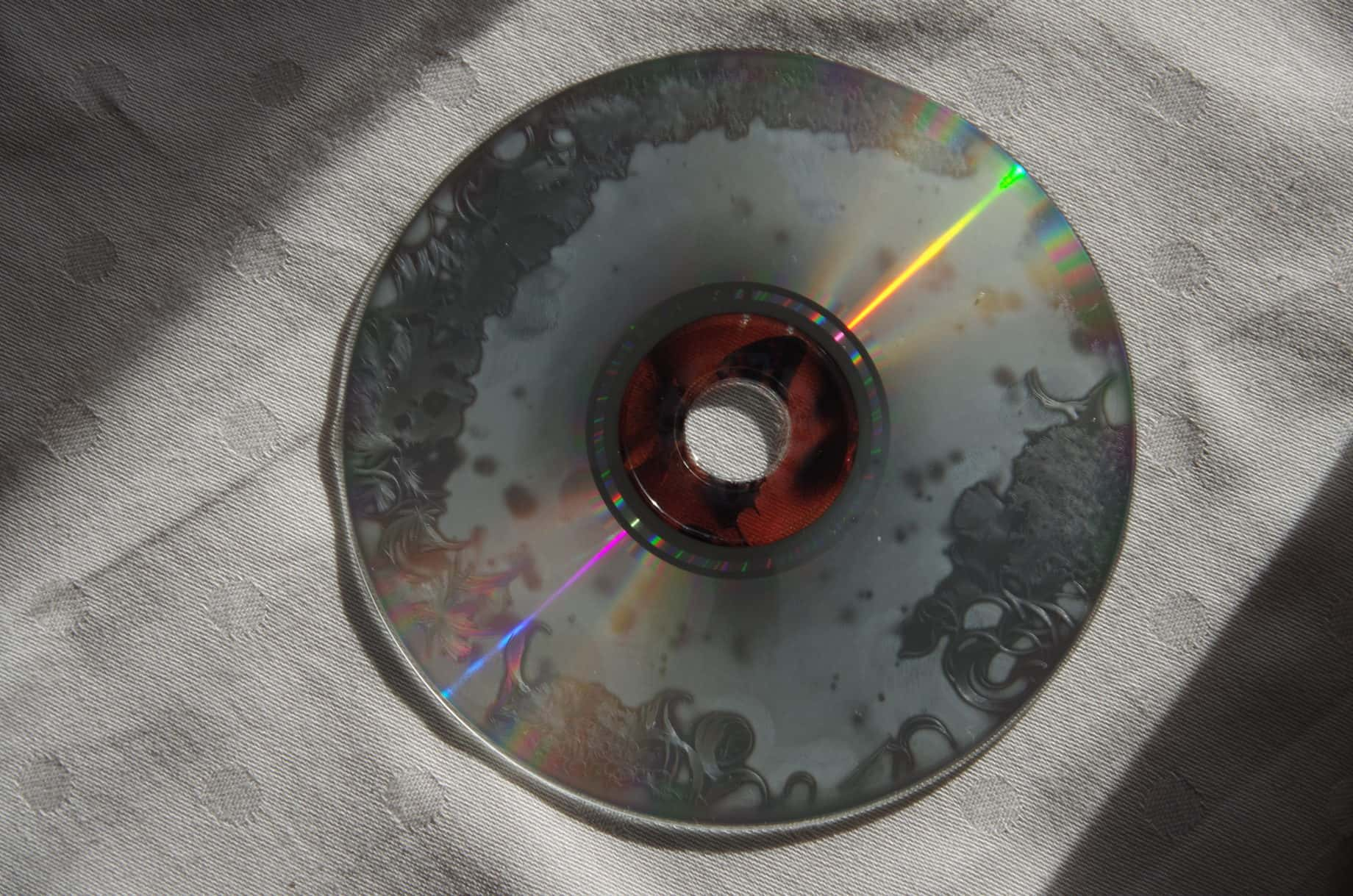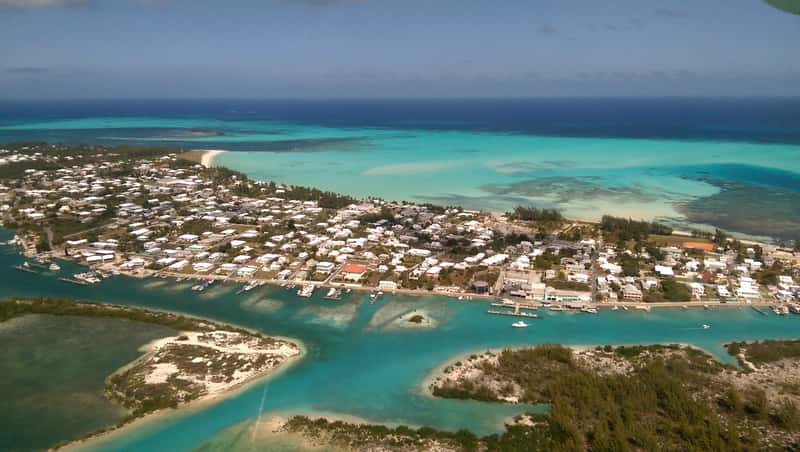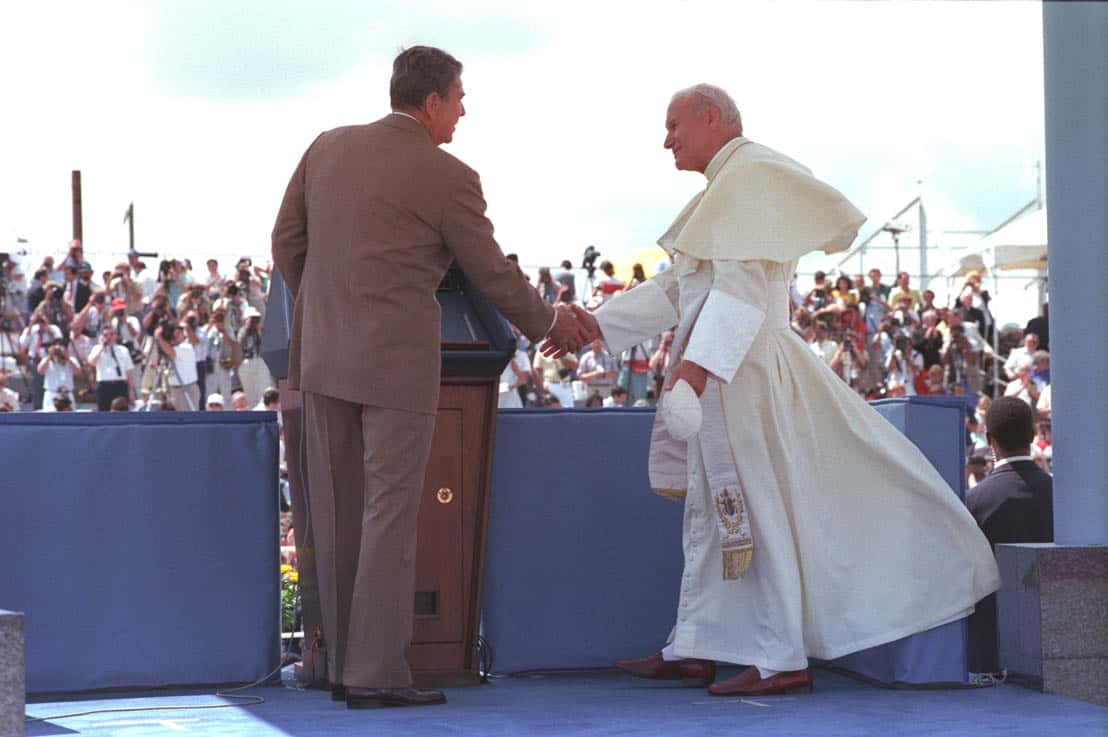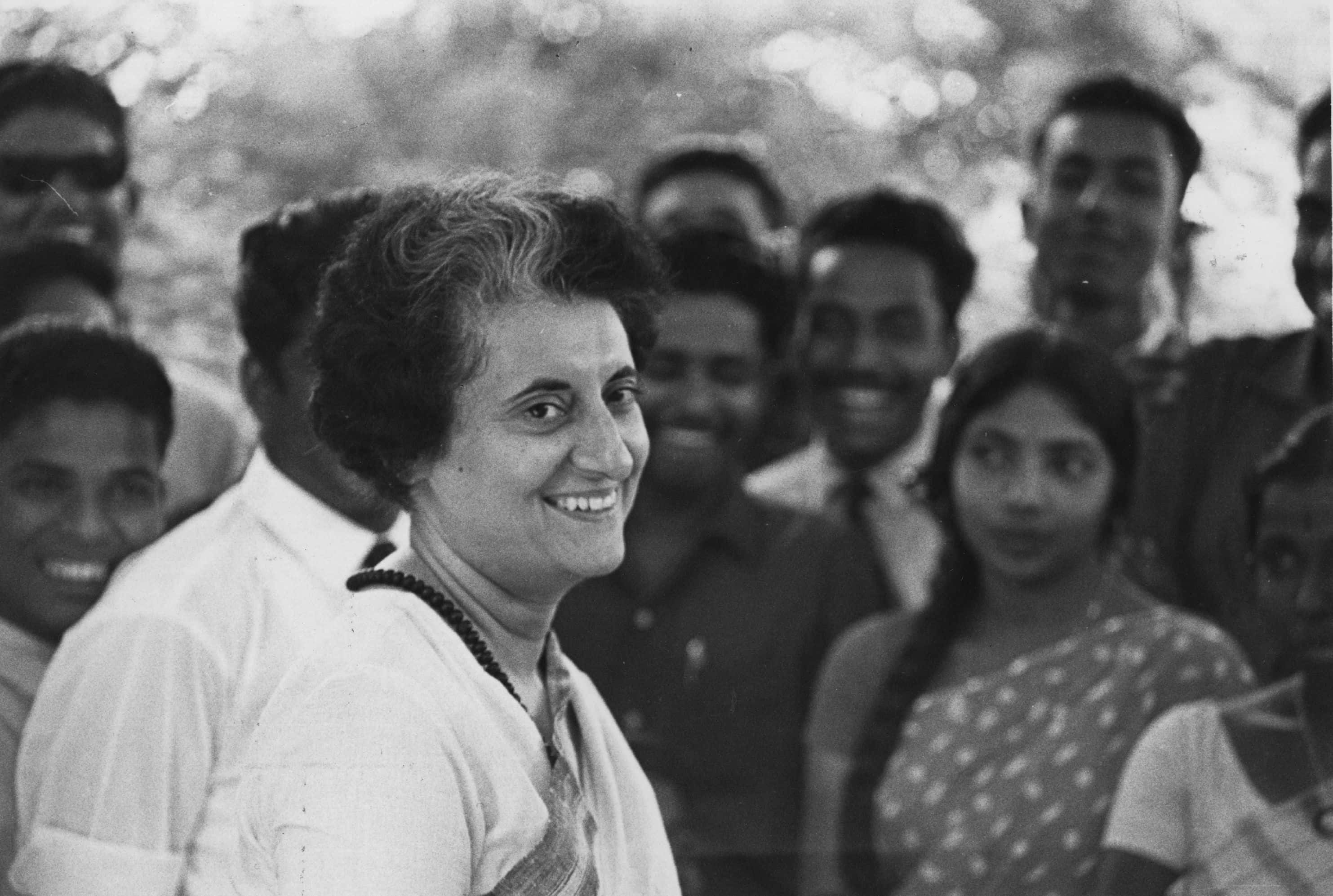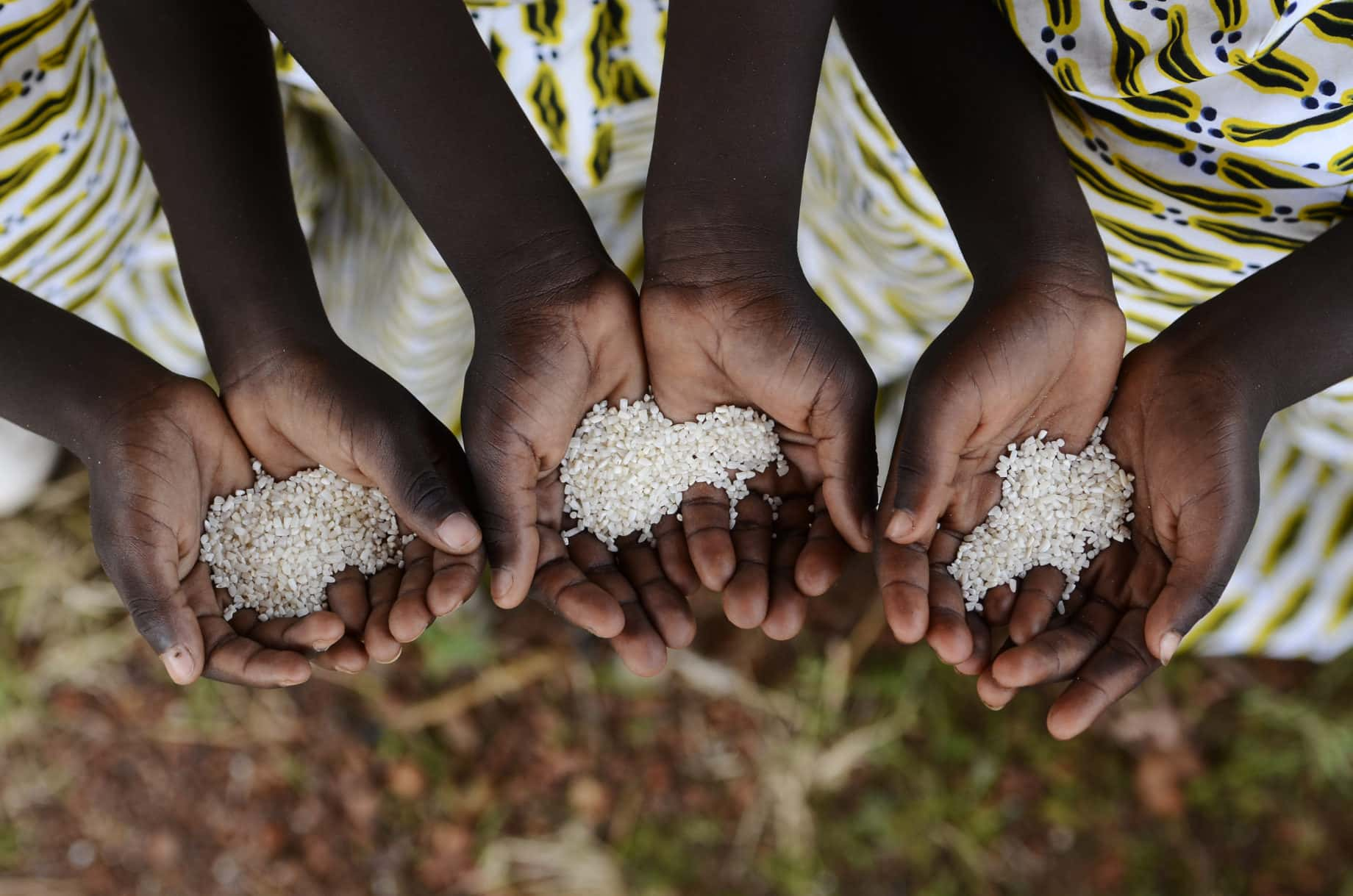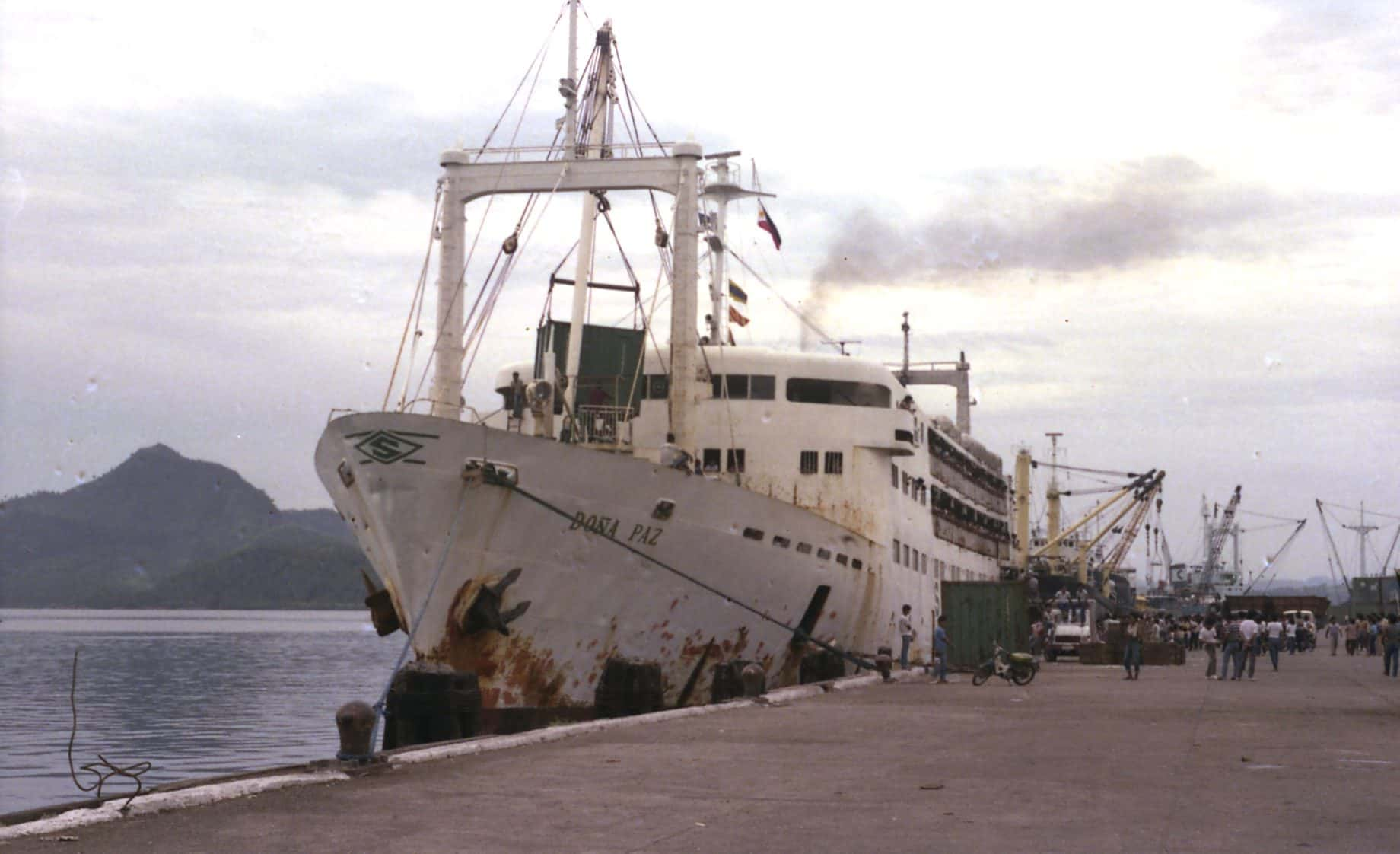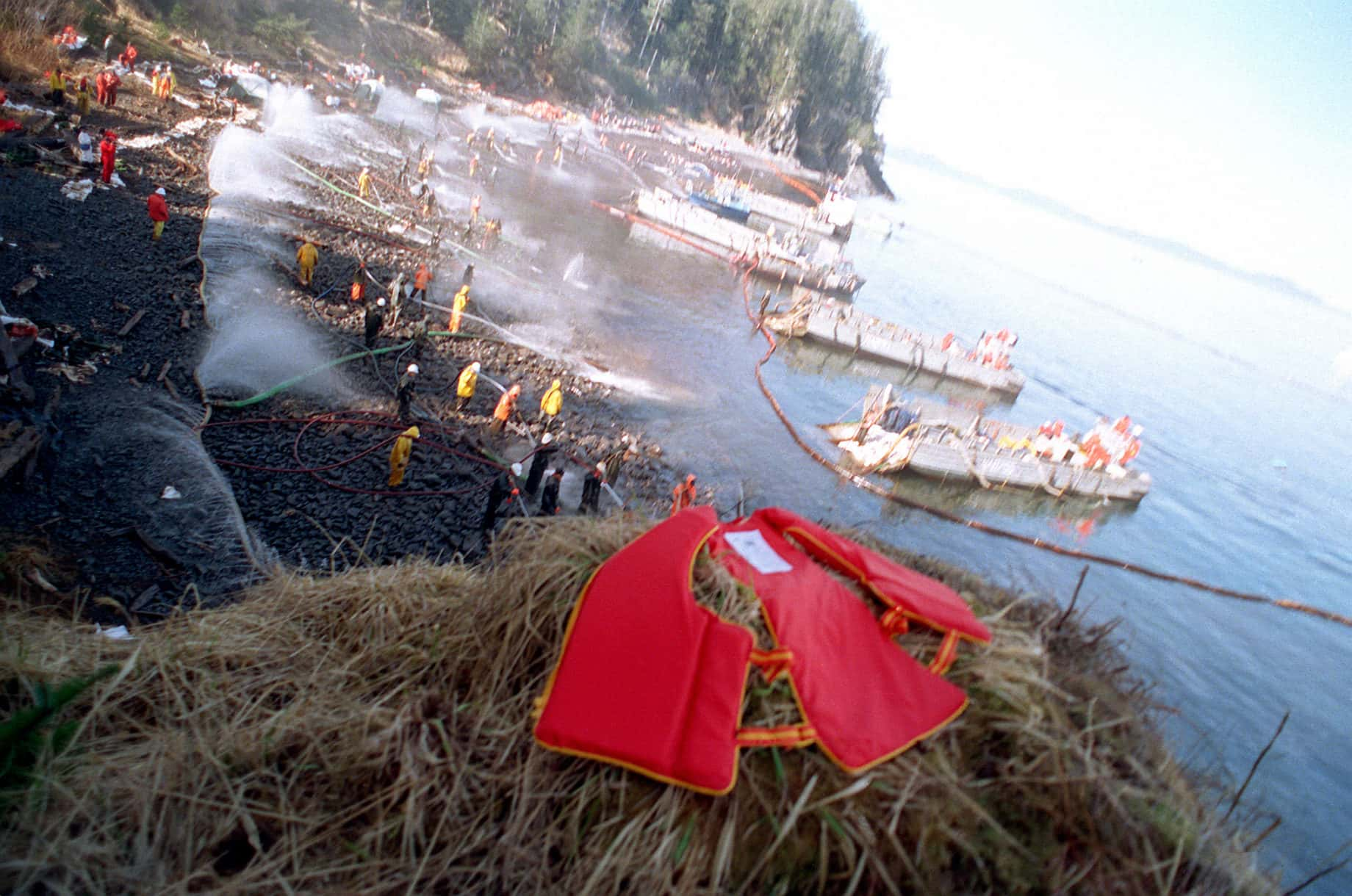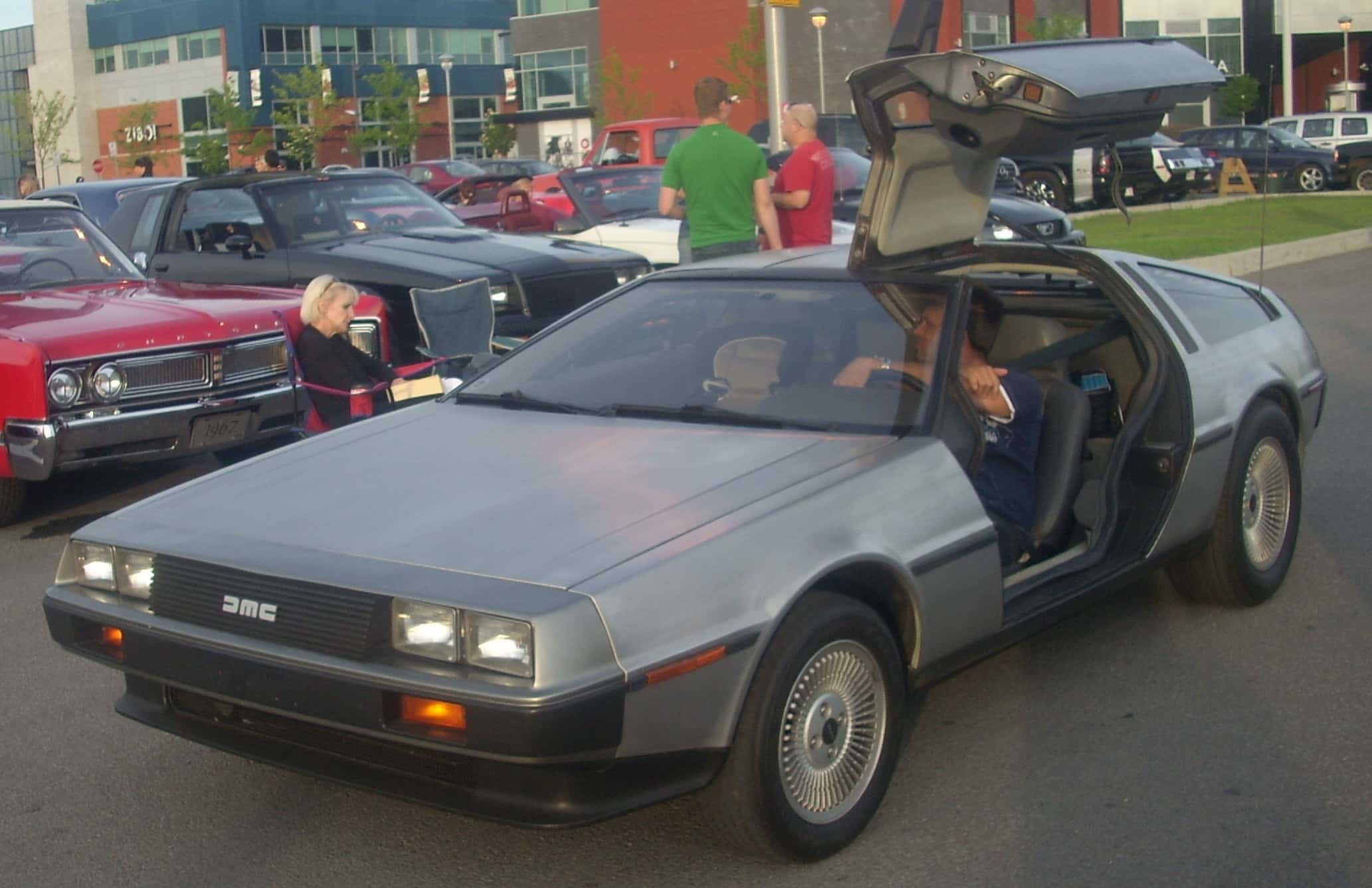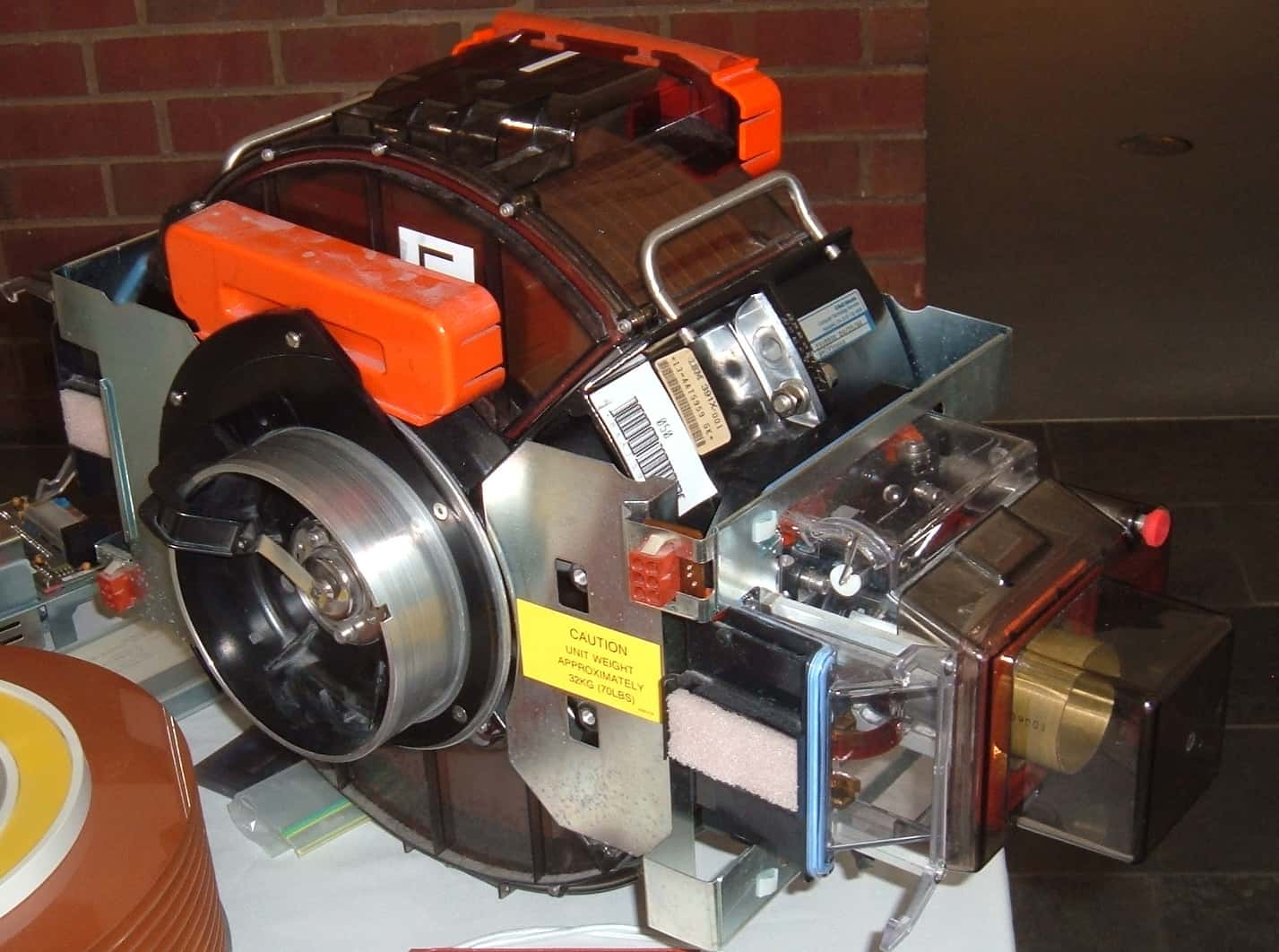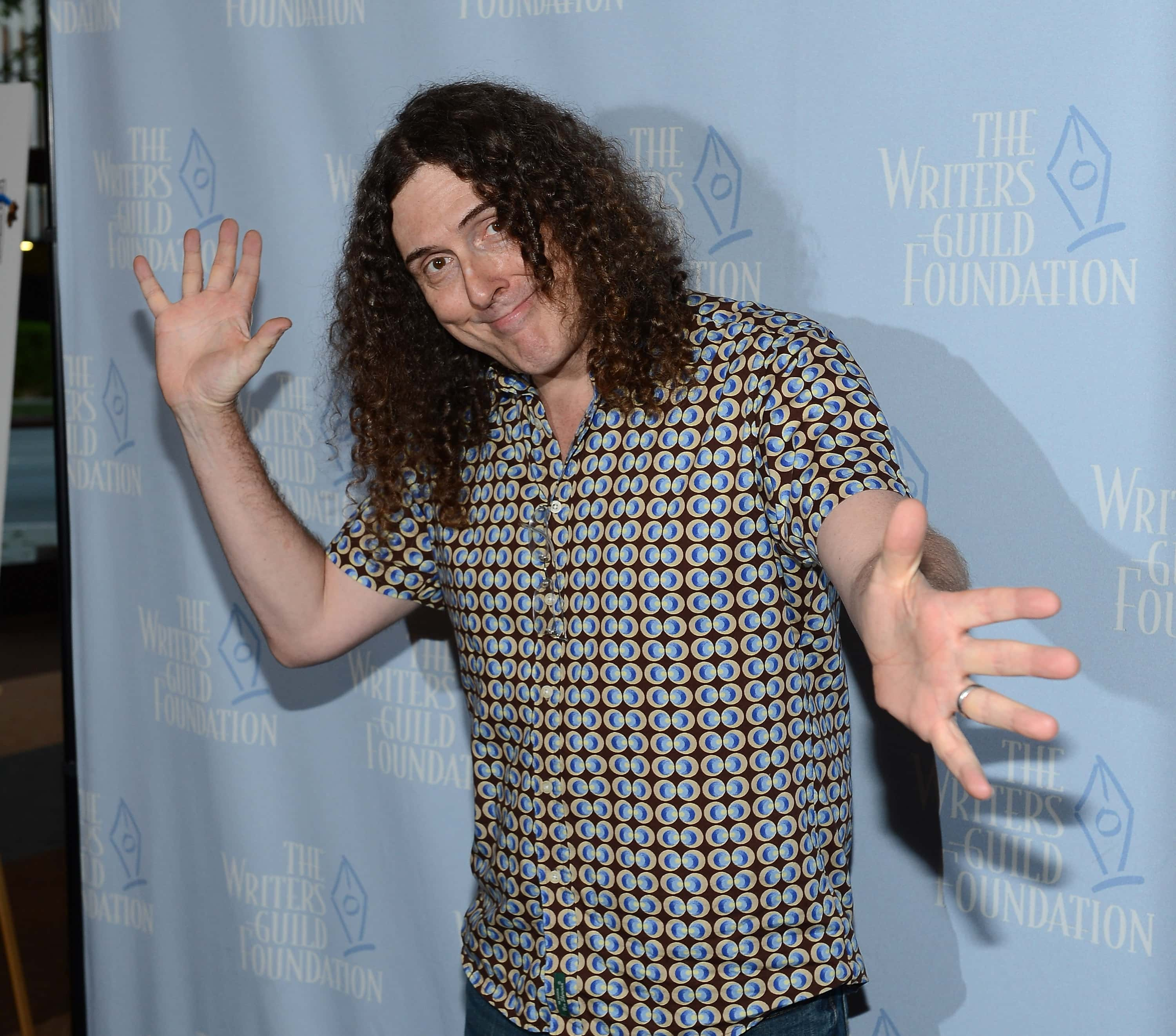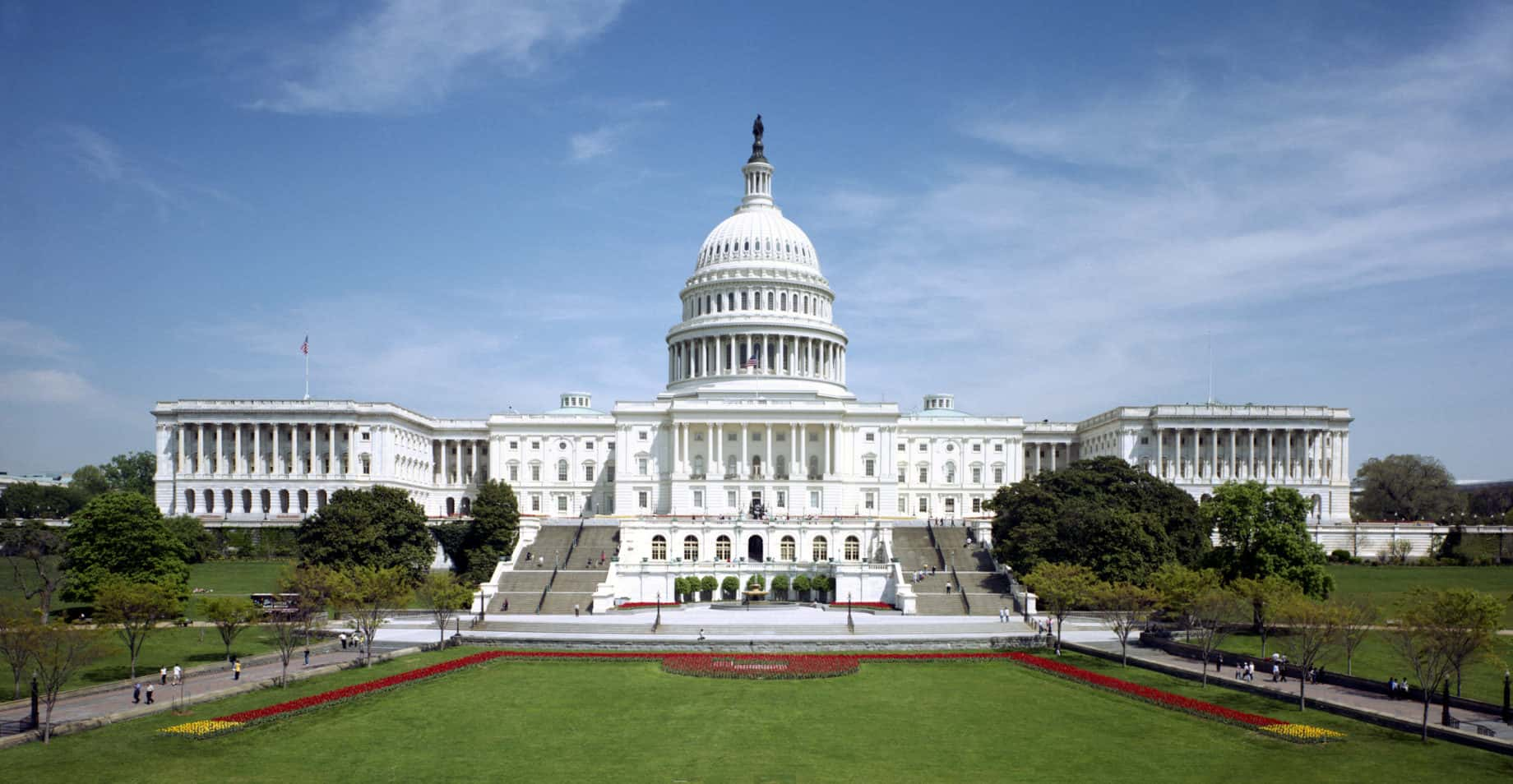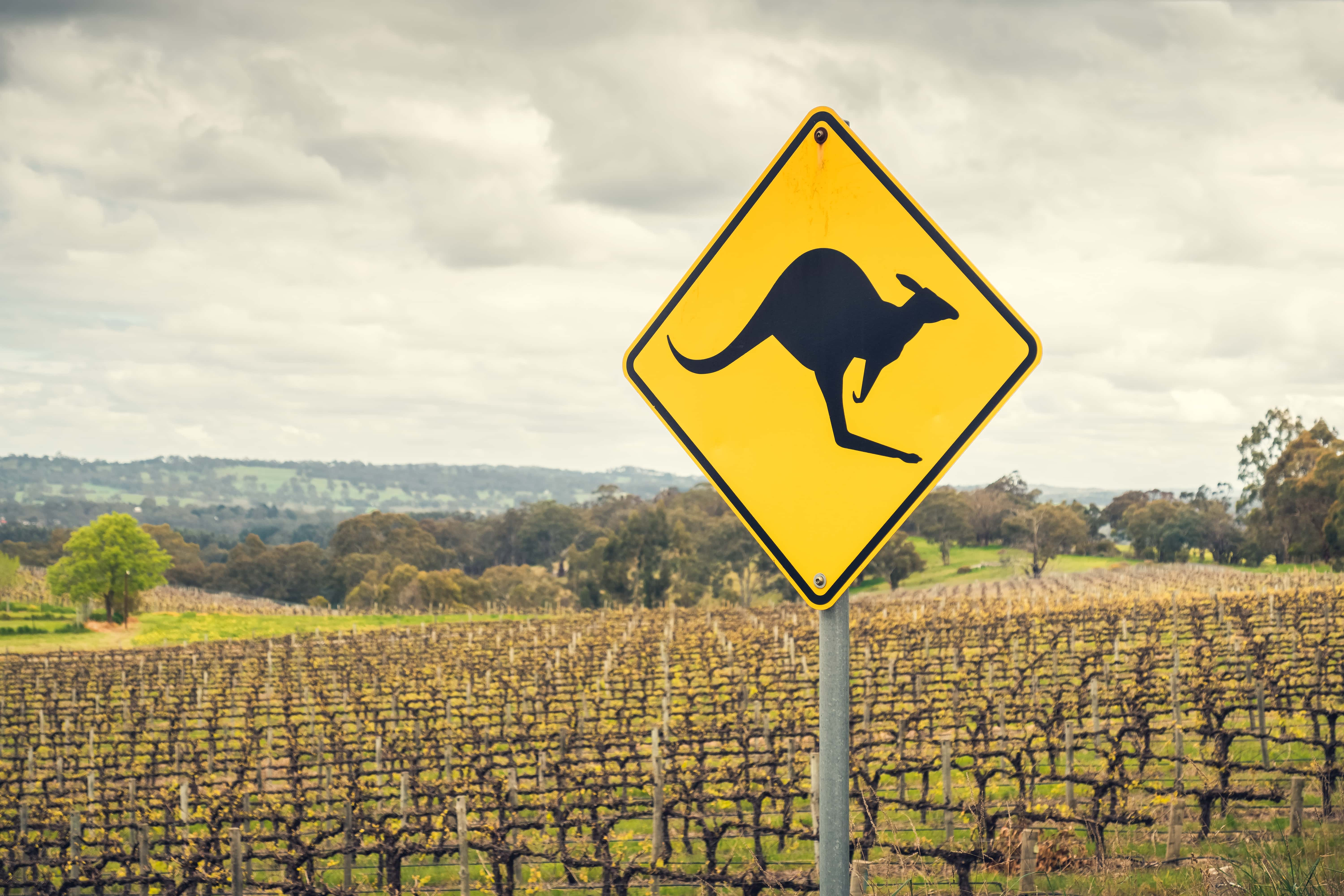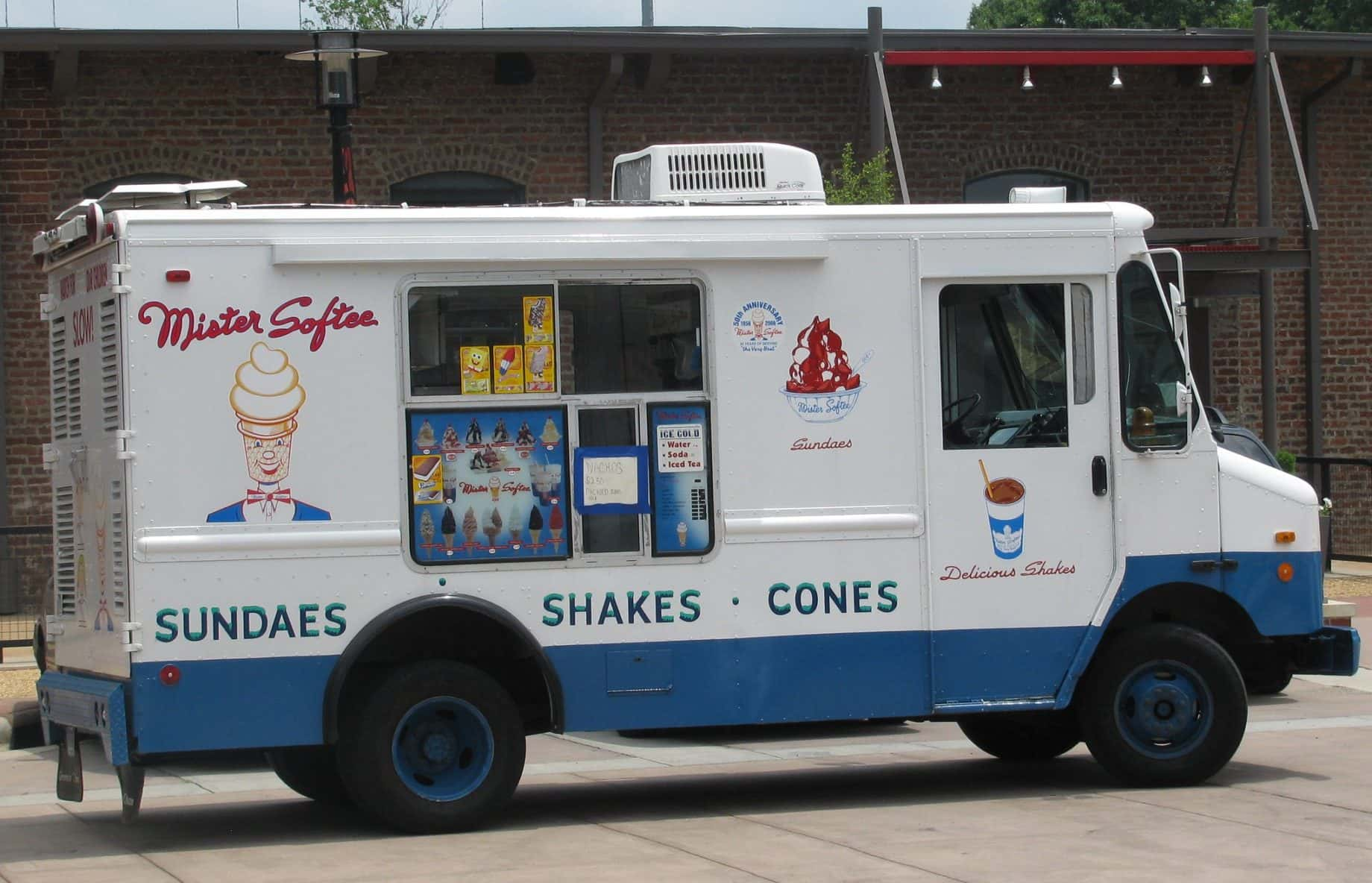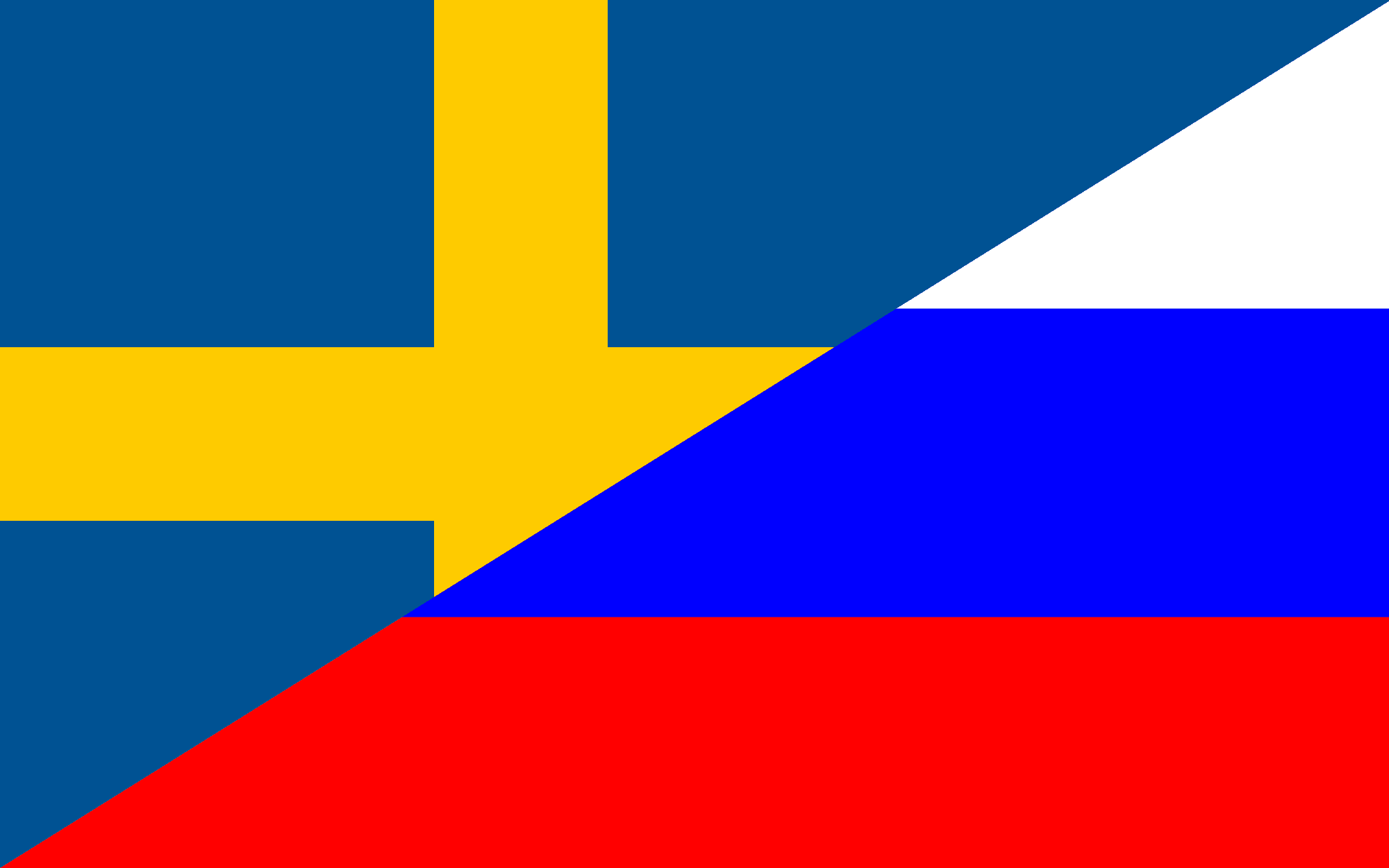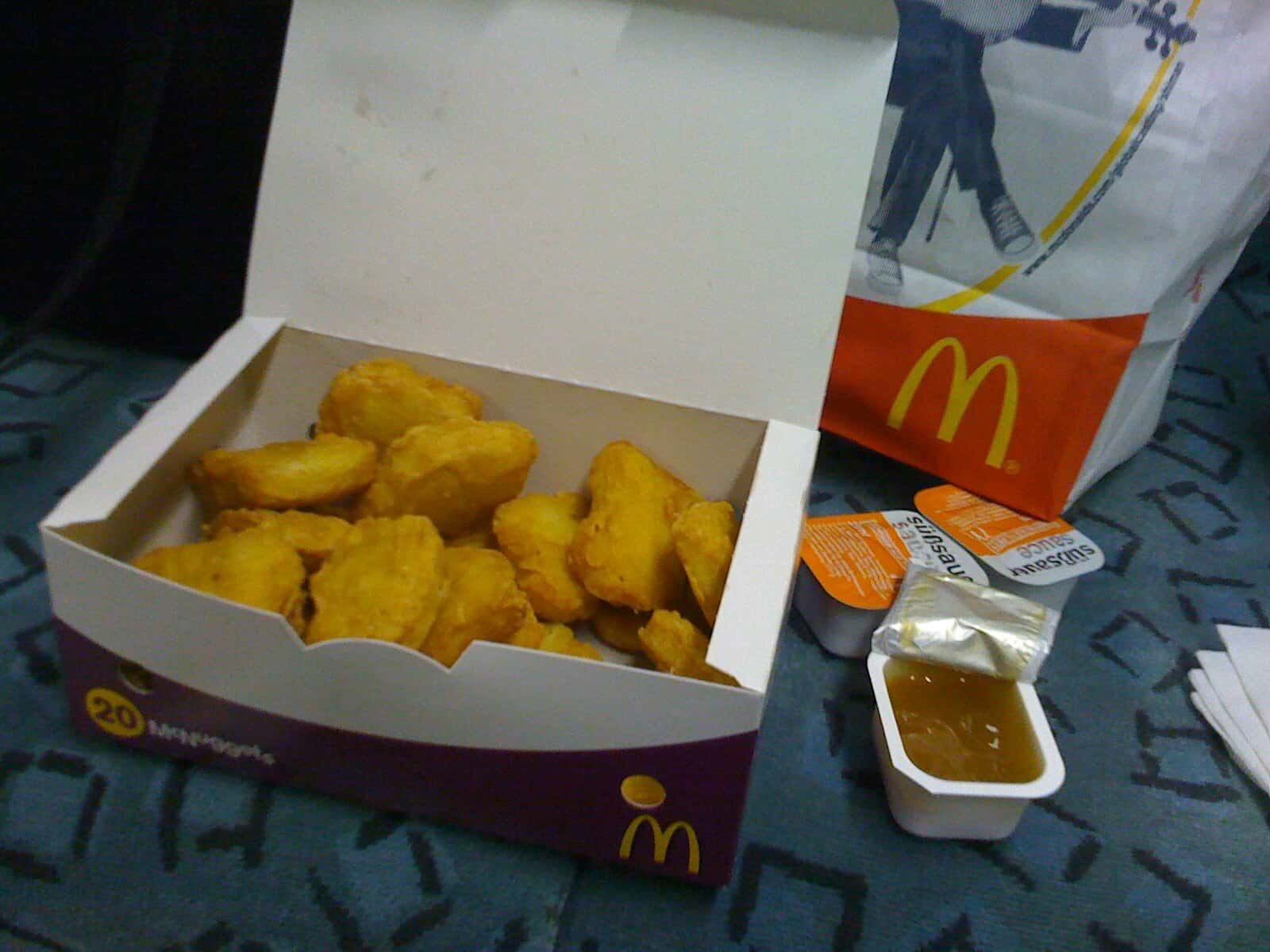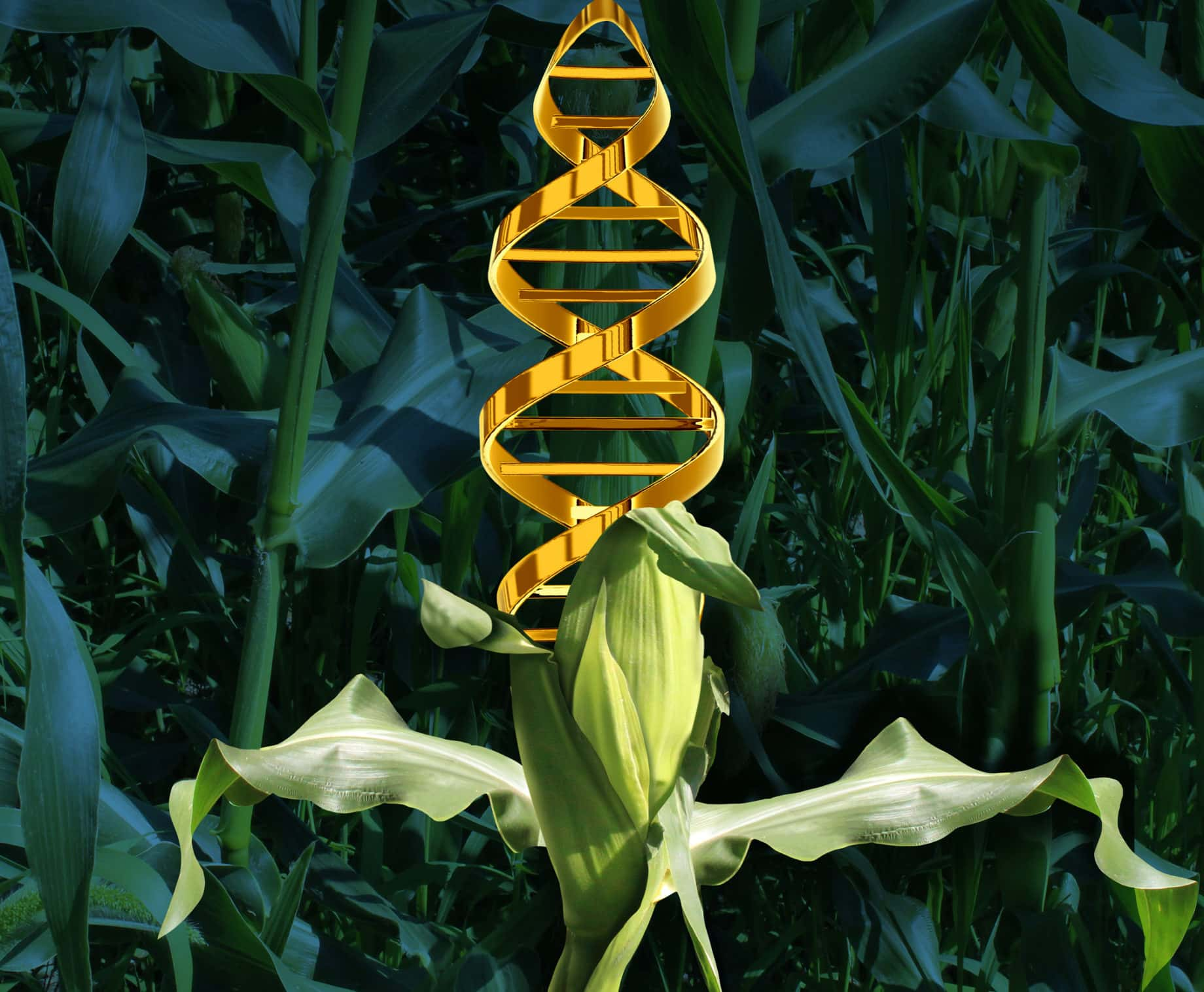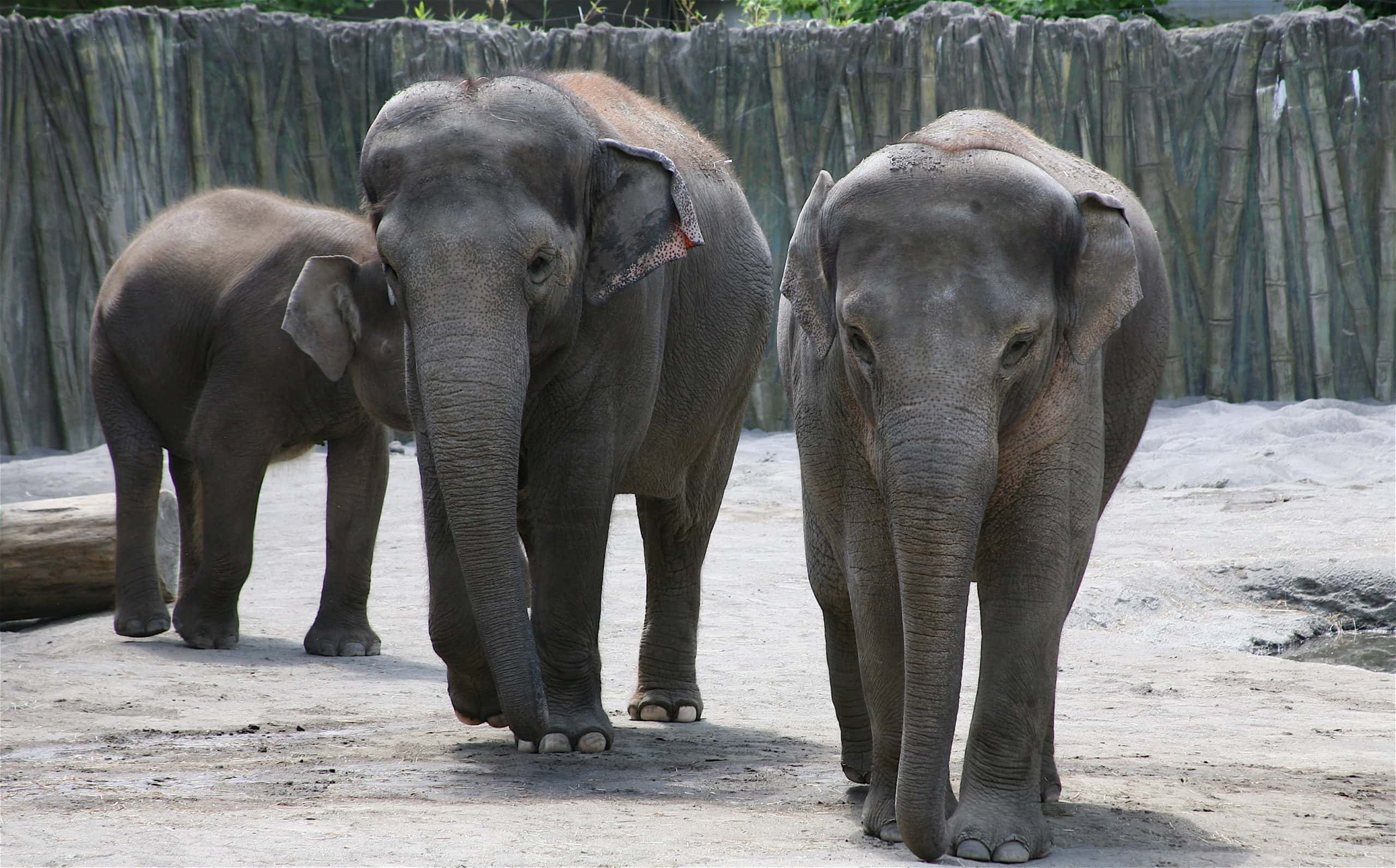The 1980s were a pivotal time period that began to change the course of the world. Now, as things come around, we can look back and see how influential this decade was, from the fun times to the hard times. Here are 40 facts about the radical decade!
1980s Facts
40. New Heart
The year 1982 saw the first artificial heart transplant surgery when 61-year-old Barney Clark received a permanent artificial heart; he was too old for eligibility of a human heart. He would live for 112 days after the transplant.
39. Olympic No Show
The 1980 Olympic Summer Games were held in Moscow, and the United States thought it best to sit that one out. The USSR refused to withdraw from Afghanistan, and the Cold War was gearing up, so the US boycotted the games with 65 other countries.
38. Olympic Retaliation
The 1984 Olympics were held in Los Angeles, and take a wild stab at who boycotted these games. You’ve guessed it, the Soviet Union. Seeing as this was when steroids and growth hormones were taking off, we may have missed on out some absolutely epic battles between these two world powers.
37. Cold War Games
Interestingly enough, the two countries actually did compete at an Olympic Games in 1980, as back then the Winter and Summer festivals still took place during the same year. At the 1980 Winter Olympics, held 5 months prior to the Summer Olympics, the most famous hockey game in history was played between the US and USSR, the “Miracle on Ice,” when a group of amateur US players beat a veteran Soviet team.
36. Attack of the Floppies
Apple was revolutionizing computers in the early 1980s, but their widespread use also had some unintended consequences. The Elk Cloner was the first large-scale computer virus outbreak in history to hit, and was spread by floppy disk, as originally floppy disks were used to boot a computer. Every time a computer was booted up, the virus would launch onto unsuspecting users' computers.
35. To Name a Virus
When Elk Cloner hit, there was no name for these kinds of attacks on computers—that is until Len Eidelman coined the term “computer virus” in 1983, and defined the phrase as a program that has the capability of "infecting" other programs through modifying the system to install copies of itself on it.
34. Media Matters
CNN was founded by media mogul Ted Turner, and broadcast worldwide in 1980, kicking off the subsequent consolidation of network media in the United States.
33. Release the Hostages
President Ronald Reagan took office on January 20th, 1981, which also just so happened to be the same day that Iran released their hostages from the US embassy in Tehran after a 444-day captivity. There has been much speculation and suggestion by officials over the years that these two events were related.
32. Entertaining Beginnings
In the early 1980s, two entertainment juggernauts were released. MTV saw its debut in 1981, and became a massive hit by actually playing music videos. The first music video they played? "Video Killed the Radio Star" by The Buggles. Just before that, Pac-Man was released in 1980, becoming perhaps the first game to create a sense of addiction throughout gamers in public.

Sign up to our newsletter.
History’s most fascinating stories and darkest secrets, delivered to your inbox daily. Making distraction rewarding since 2017.
31. Deadly Turn
1981 wasn’t all fun and games though. Though the first verified case of HIV dates back to 1959, 1981 saw the outbreak of HIV in the United States. It was soon connected to another condition, that in 1982 would be named acquired immune deficiency syndrome, or AIDS. Sadly, though the spread of HIV/AIDS was tormenting much of the population, Reagan wouldn't address the disease publicly until 1985.
30. Cry For Help
A turning point for AIDS awareness in the United States was the passing of Rock Hudson, the Hollywood icon who died of complications from the virus in 1985. Early in the year, he collapsed in the Ritz hotel in Paris and was rushed to the hospital. There was only one doctor in the country who could help save Hudson’s life, Dr. Dominique Dormant of the Percy military hospital—but Hudson was refused admittance to the military hospital because he wasn't a French citizen. Being close friends with the Reagans, his publicist put in a request to the White House for help in the matter, but Nancy Reagan declined to help her ailing friend.
29. Cut the Fat
1. 1982 saw the first ever liposuction surgery, the first ever Compact Discs released, and the first ever Hooters restaurant open.
28. Pageantry Wins
The first African-American to win the Miss America pageant was Vanessa Williams in 1983. However, a magazine tainted her crown by publishing old nude photos of her shortly after the victory.
27. Crack Times
Crack cocaine was first synthesized and produced in the Bahamas in 1983, and did not take too long to spread north into the US.
26. New Friends
This may sound hard to believe, but the US and the Vatican did not have diplomatic relations for over 100 years. It took until 1984 for them to reinstate their diplomatic ties.
25. Disaster in India
1984 was riddled with international tragedy. One of the largest chemical disasters in history occurred in Bhopal, India, as toxic gases leaked from the Union Carbide plant there, poisoning the entire area and resulting in around 15,000 deaths. India’s Prime Minister Indira Gandhi was also assassinated the same year by her own bodyguards.
24. Famine Strikes
1984 also saw a devastating famine ravage through the country of Ethiopia, resulting in over 1 million lives lost.
23. Nuclear Fallout
Only two years after Bhopal, in 1986, the Soviet Union had the Chernobyl disaster, which spread radioactive material across Europe after the plant went through a large-scale nuclear meltdown. Over 300,000 people were displaced, and countless others were fated to fall sick due to complications from the fallout.
22. Death on the Sea
The world’s deadliest peacetime maritime disaster occurred in 1987, when the MV Doña Paz, a passenger ferry from the Philippines, collided with the oil tanker MT Vector. The ferry burned and sank, killing over 4,000 people.
21. Ecological Tragedy
The Earth is still dealing with the after-effects of the Exxon Valdez oil spill on Alaska's Bligh Reef in 1989. Up to 750,000 barrels of crude oil spilled into the remote and sensitive location, making it one of the worst ecological disasters in human history.
20. A New Drought
With many other things to distract people, not many are aware that the United States suffered through a devastating drought in 1988, which decimated many regions of the country. Heat waves led to the deaths of up to 17,000 people, while $60 billion in damage was accrued (upwards of $120 billion in adjusted value).
19. Car of the Future
Made famous by Back to the Future, the DeLorean DMC-12 was an actual car produced in the early 80s. Production began on the car in 1981 under the designs of former GM executive John DeLorean. DeLorean Motor Company was struggling financially during these years, so DeLorean resorted to selling cocaine as a way to save his company. He was arrested in 1982, and though he was acquitted in 1984, his company closed down in 1983.
18. Cold Bodies
2. Murder rates in Miami got so high during the 1980s that local law enforcement officials were unable to store all of the bodies that were piling up, and so they were forced to rent a refrigerated trailer from Burger King in order to properly handle the overload of corpses.
17. Heavy Hard Drives
With the rise of computers, hard drives with a lot of space were a precious commodity. The first 1 GB hard drive was produced in 1980, weighed over 500 pounds, and cost $40,000.
16. Hijacked Celebration
In the 1980s, Cinco de Mayo took off as a holiday in the United States, making it a bigger celebration there than in its native Mexico. This happened as beer companies used the holiday as a marketing opportunity, and manufactured a new market for the holiday through promotion.
15. Responsible Idol
While beer companies were rolling in the dough, cult figure Weird Al Yankovic turned down a $5 million endorsement deal with one such company; he saw it as an ethical violation due to the youth of his fan base.
14. Cocaine Connections
Cocaine infiltrated the community of Los Angeles in the 1980s, and “Freeway” Rick Ross emerged as a kingpin who was taking in over $2 million per week. But every dealer has a supplier, and Ross’s supplier was the CIA, who illegally pushed the drug up from Central America in order to finance the Nicaraguan Contras. A scandal emerged around the government’s intervention, and many members of Congress were indicted in 1986 after it was revealed another source of finances to support the Contras came from the illegal selling of arms to Iran.
13. Freedom at Last
Surprisingly, Canada did not have official independence from the United Kingdom until 1982, when the Canada Act was authorized by Elizabeth II.
12. Colonial Chains
The United Kingdom severed ties with several other nations, as Australia and New Zealand both gained their full independence in 1986, and Zimbabwe finally shrugged off their colonial rulers in 1980.
11. What’s the Difference
The reason for TV shows airing the message “we’ll be back after these messages” is due to a mandate by the FCC from the 1980s; the committee sought to help children differentiate between the TV show and commercials.
10. Melted Wars
The Glasgow Ice Cream Wars took place in the 1980s, as an ice cream truck driver in Scotland began selling drugs, engaging in a turf war with the other ice cream truck that sold drugs. The dispute saw gun violence and arson.
9. Diversity in Television
Black Entertainment Television (BET) was first launched in 1980, and would air only for 2 hours on Friday nights. It wouldn’t turn a profit until 1985, but by 1991, it became the first black-controlled company to be listed on the New York Stock Exchange.
8. Whiskey on the Rocks Incident
In the 1980s, a diplomatic conflict arose between Sweden and Russia when the Swedish Navy detected underwater sounds that they believed to be Russian submarines. After a period of heightened tension, it was revealed that the source of the sounds were fish farting. This beautiful discovery led to an Ig Nobel Prize.
7. Life Without Commercials
Shockingly, cable television did not have commercials until the 1980s. Ah, what an incredible time that must have been.
6. Life After Nuggets
The first sight of McDonald’s Chicken McNuggets was in 1981, when the fast-food chain introduced the meal to its menu. Not many people can imagine a life without Chicken McNuggets, but it did exist.
5. Human Modification
A pivotal moment for genetic science occurred in 1984, when British genetic scientist Alec Jeffreys invented the genetic fingerprint, a key in modern gene analysis. The decade also saw the first genetic modification of adult human beings during a gene tagging experiment, as well as the first surrogate pregnancy of an unrelated child.
4. Crops of a Different Kind
The first genetically modified crops were a product of the 1980s, when China grew modified tobacco plants in 1988.
3. Elephant-Sized Crisis
As elephants were nearing extinction due to large-scale hunting, a worldwide ivory ban was finally introduced to protect the species in 1989 at the Convention on International Trade in Endangered Species of Wild Fauna and Flora.
2. Undersea Cables
In 1988, the first transatlantic optical cable was laid under the Atlantic Ocean, connecting France, England, and the United States. Several companies worked together for this massive project, including AT&T Corporation, France Telecom, and British Telecom.
1. Smile if You Understand
Smiley emoticons were first used by computer scientist Scott Fahlman in 1982 when he suggested using them to help distinguish between serious posts and jokes on message boards at Carnegie Mellon. However, this was not the first time someone thought up this idea: Vladimir Nabokov once proposed it in an interview with the New York Times.


